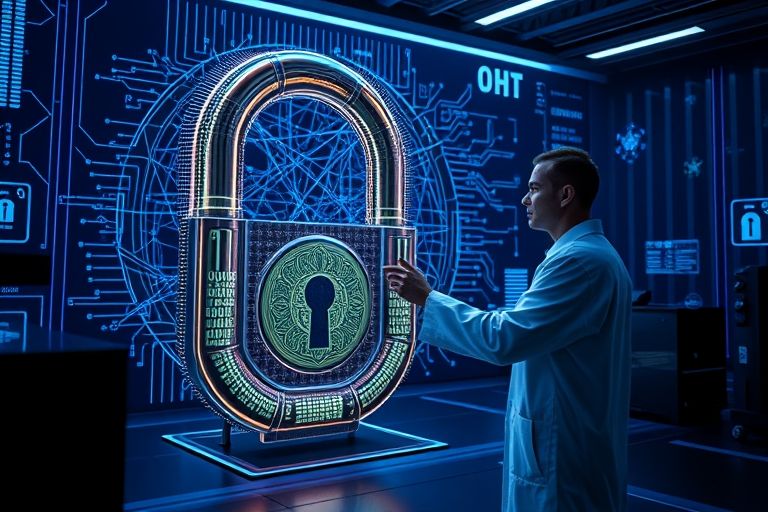
Encryption is an important aspect of cybersecurity measures that ensures the safety and privacy of data transferred over the internet. It is the process of converting information into a code to prevent unauthorized access and maintain confidentiality.
The internet has revolutionized the way we communicate and share information. However, this has also led to an increase in cyber threats such as hacking, phishing, and malware attacks. Without encryption, sensitive information such as financial data, personal details, and business secrets can be easily intercepted by cybercriminals and used for malicious purposes.
Encryption provides a layer of protection that makes it difficult for hackers to decipher the information they intercept. It ensures that only authorized parties can access the information, making it an essential tool in maintaining privacy and preventing data breaches.
There are several encryption methods used to secure data, including:
Implementing encryption can be done in several ways, depending on the type of data being encrypted and the system being used. Some common methods include:
The importance of encryption in cybersecurity is evident in the following statistics:
Encryption is an essential tool in maintaining privacy and preventing data breaches in today's digital age. By implementing encryption methods such as TLS, VPN, and file-level encryption, individuals and businesses can safeguard their sensitive information from cyber threats. With the increasing frequency and sophistication of cyber attacks, encryption is more important than ever in ensuring the security and safety of our online activities.